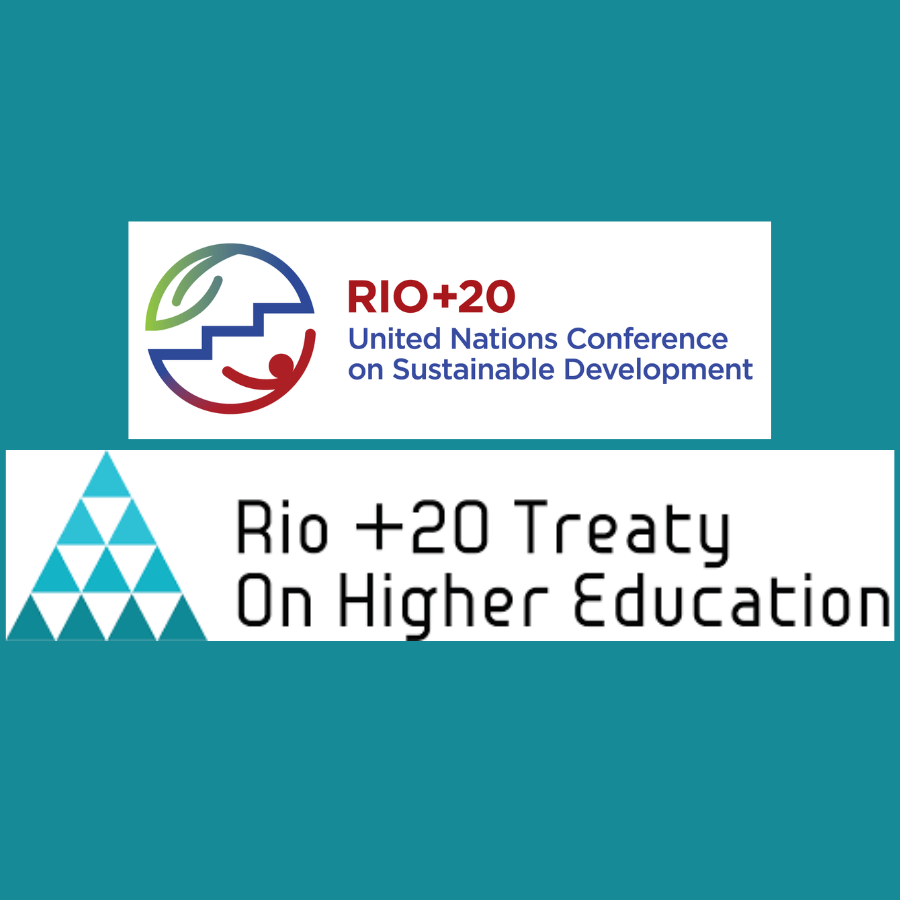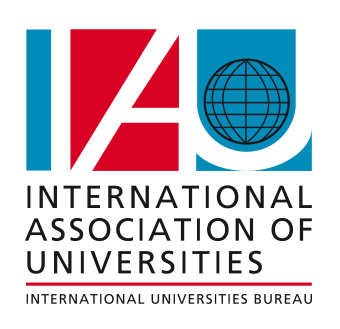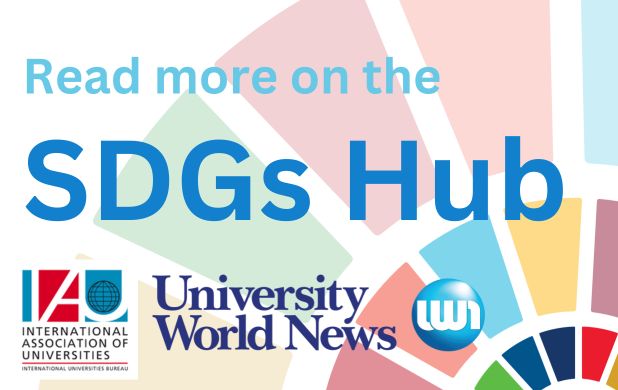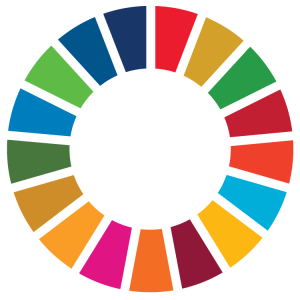
THE RIO DECLARATION ON ENVIRONMENT AND DEVELOPMENT (1992)
The primary objective of the Rio 'Earth Summit' was to produce a broad agenda and a new blueprint for international action on environmental and development issues that would help guide international cooperation and development policy in the twenty-first century. The Rio Declaration presented a breakthrough at the time, explicitly stating that "People are entitled to a healthy and productive life in harmony with nature. Development today must not threaten the needs of present and future generations. Nations have the right to exploit their own resources, but without causing environmental damage beyond their borders" (...).
Read the full Declaration here.
United Nations Conference on Sustainable Development (2012) - Rio+20
To celebrate 20 years of its first conference on sustainable development, the UN met in Rio from 20 to 22 June 2012, in the Earth Summit "Rio +20". This meeting aimed at ensuring the renewal of the political commitment of world governments in sustainable development, assessing progress and remaining gaps and initiating discussions on emerging challenges.
For this special occasion and within the framework of the UN Decade on Education for Sustainable Development 2005-2014 (for which UNESCO is lead agency), a statement of institutional commitment for sustainable practices in HEIs was prepared to recognize their special responsibility in promoting development through research and learning. As stakeholders, HEIs were asked to commit to take actions for sustainable development and to play a key role in signing the Declaration of Higher Education for Sustainable Development and other activities for Rio +20. The Higher Education Sustainability Initiative - HESI was founded in the lead-up to Rio +20 as an open partnership between several United Nations entities and the higher education community (see also here).
Rio+20 Treaty on Higher Education
Recognising the need to rethink higher education and its role in a transition towards a more sustainable society, a group of over 30 international higher education agencies, organisations, associations and student networks, rooted in different parts of the world, came together virtually in January 2012. The partnership, led by COPERNICUS Alliance and with the support of the United Nations University Institute of Advanced Studies (UNU IAS) and the International Association of Universities (IAU), developed the Rio+20 Treaty on Higher Education.
The Rio+20 Treaty presents the collective vision of higher education networks, groups and institutions that are seeking to build more sustainable futures. It was developed through a lengthy collaborative process involving civil society and key experts on higher education and sustainability. It received the support of over 100 signatories.
The Higher Education Treaty has received a positive response from the international community which has recognised the value of this initiative in building momentum during, and after, Rio+20. The Treaty acknowledges the work which has been done to date to embed sustainability within higher education, but also invites higher education stakeholders to commit to its principles and take innovative actions to transform the sector.
Find out more about the HE Treaty here.
Commitments from HEI leaders ("we") included:
- Teach sustainable development concepts
- Encourage research on sustainable development issues
- Green our campuses
- Support sustainability efforts in the communities in which we reside
- Engage with and share results through international frameworks
The full commitment letter for HEIs can be found here.
---
Kindly note that this news item has been edited was originally published in 2012.



